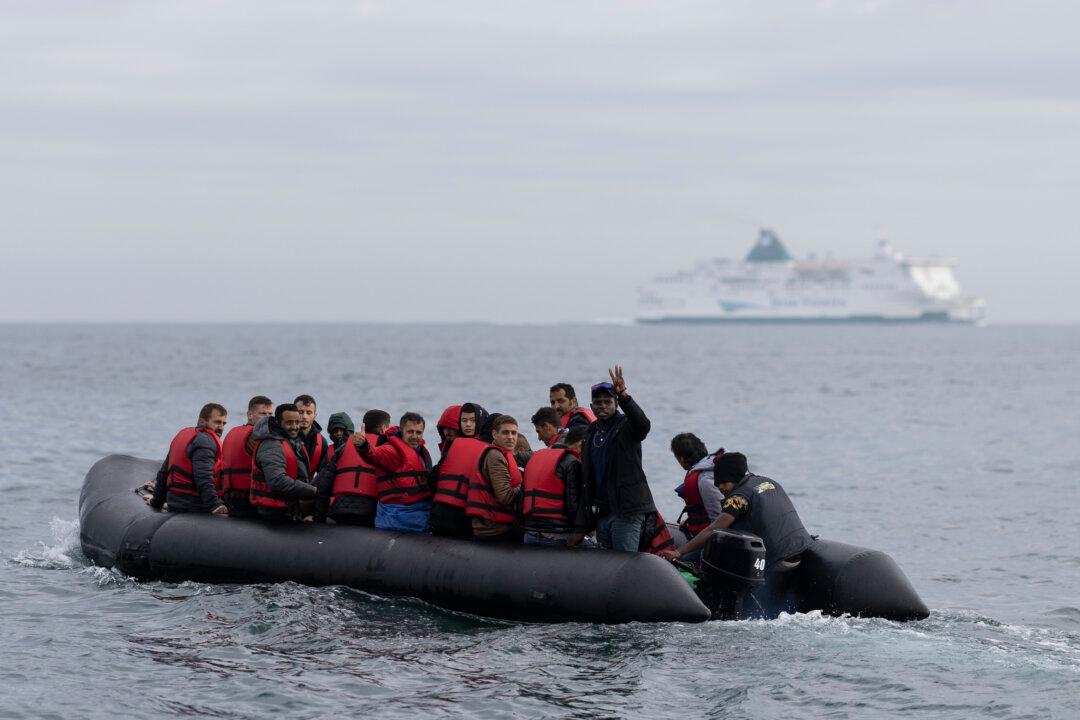The Illegal Migration Bill risks breaching the UK’s international obligations to protect human rights and exposes people to serious harm, the Equality and Human Rights Commission (EHRC) has warned.
The bill—which has its remaining stages in the House of Commons on Wednesday—is aimed at clamping down on illegal immigrants reaching the UK by crossing the English Channel in small boats.





